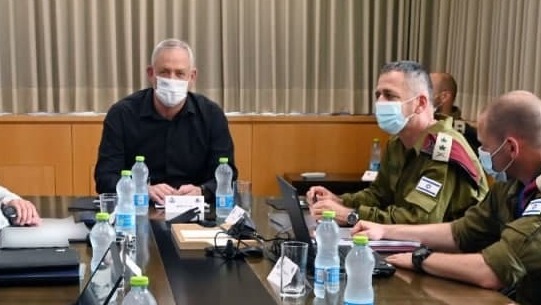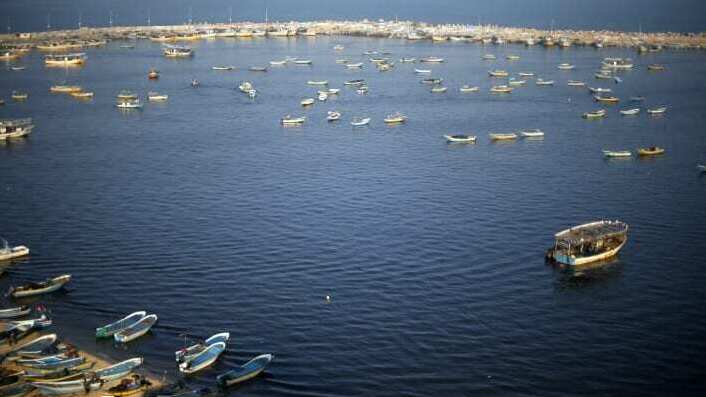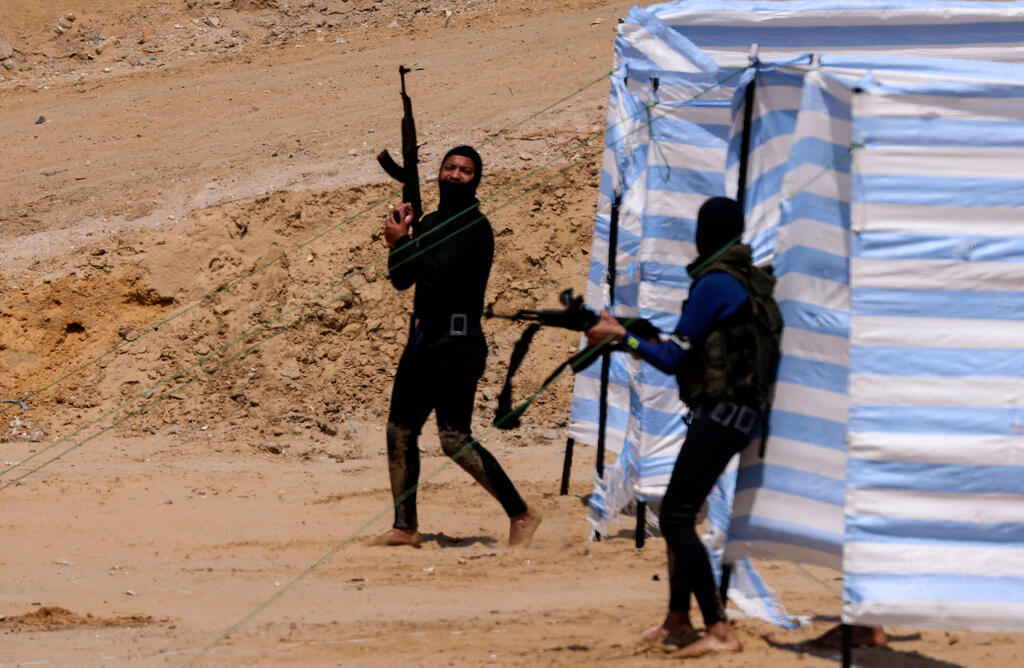Getting your Trinity Audio player ready...
With tensions between Israel and the Palestinians again spiraling in Gaza, Jerusalem and the West Bank, Hamas has set out its terms and conditions for a return to calm - with a warning of a further escalation should they not be met.
Tensions have been high since last week, when clashes broke out in the capital over the closure of a plaza at the Damascus Gate entrance to the Old City that is a popular Ramadan meeting place for the Arab residents of Jerusalem.
Heavy rocket fire from Gaza followed in what Hamas, the terror group that has ruled the Strip since 2007, said was an act of solidarity with the protests in the capital. After another night of rocket fire, Israel responded Monday morning by closing the seas to Gaza fisherman.
The terror group quickly warned that the closure of the fishing zone could escalate the situation and lead to further confrontation, with Hamas sources saying that a return to calm in the south depended on Israel changing its policies in Jerusalem.
Rocket fire from Gaza overnight
(Photo: Didi Fuld)
“The closure of the Gaza Strip to fishermen is a blatant violation of their rights and constitutes a form of ongoing aggression against our people,” said Hamas.
"We will not accept restrictive measures and pressure on the Palestinian people, and Israel will bear the consequences of its aggressive behavior.”
Hamas is also irate over Israel's apparent refusal to allow polling stations for East Jerusalem Palestinians to vote in the Palestinian Authority parliamentary elections next month.
A Hamas source told Lebanese newspaper Al-Akhbar that the group has informed both Egyptian and UN mediators that it officially opposes deescalating tensions with Israel until it changes its policies in the capital.
“This [behavior by Israel] will lead to an explosion in Jerusalem, the Gaza Strip and the West Bank,” the source said.
According to IDF Chief of Staff Aviv Kochavi, the military is weighing how best to respond to the rocket fire, and that if neither side were interested in an escalation, the army was prepared to retaliate with force only when necessary.
3 View gallery


Defense Minister Benny Gantz, left, and IDF Chief Aviv Kochavi attend a security meeting on Sunday
(Photo: Defense Ministry)
Kochavi met with Defense Minister Benny Gantz, Shin Bet head Nadav Argaman and other security officials for a situation assessment Sunday.
Gantz, a former IDF chief, is pushing to strengthen the military and the home front and maintaining close contact with municipal leaders in communities bordering the Gaza Strip ahead of potential further escalations in the south.






